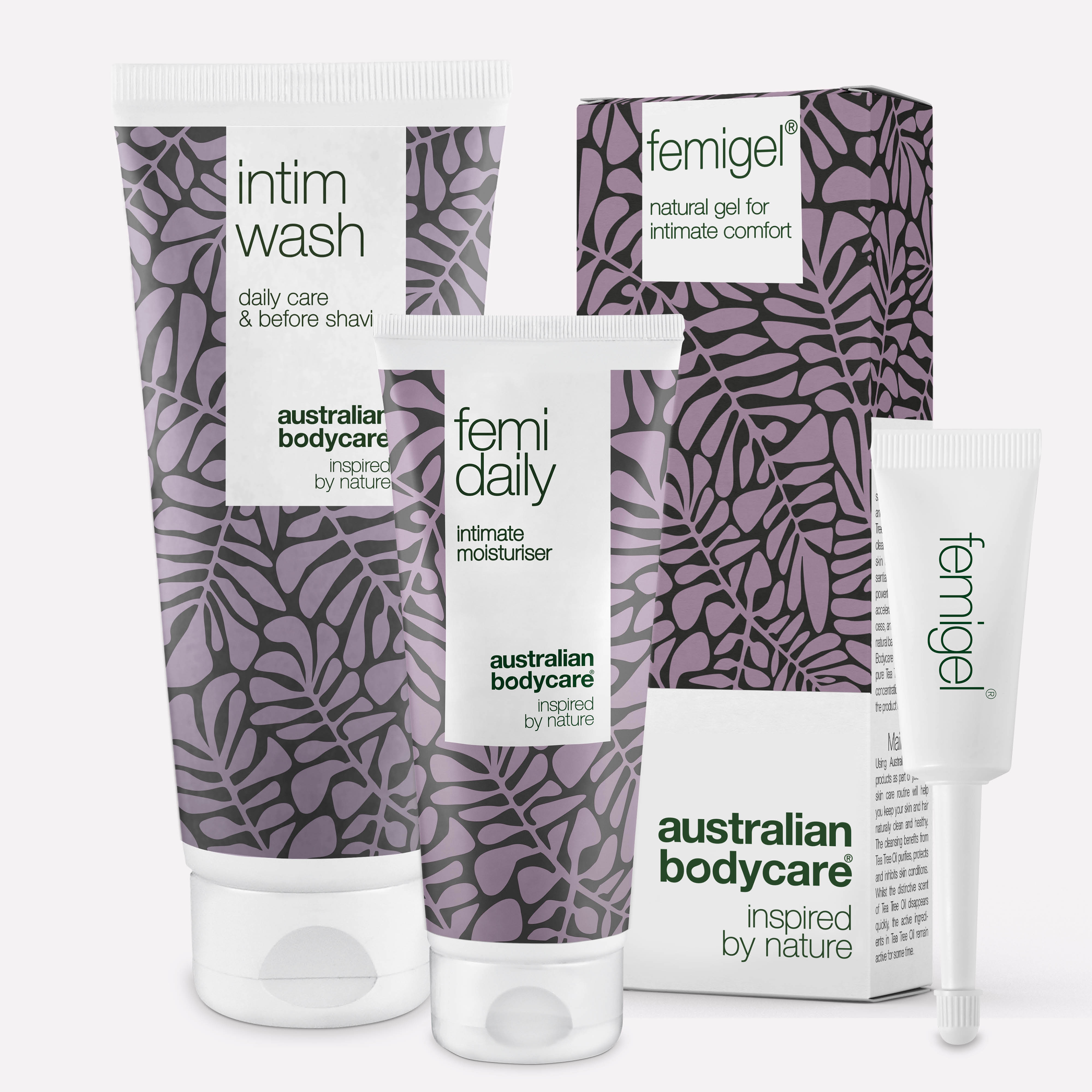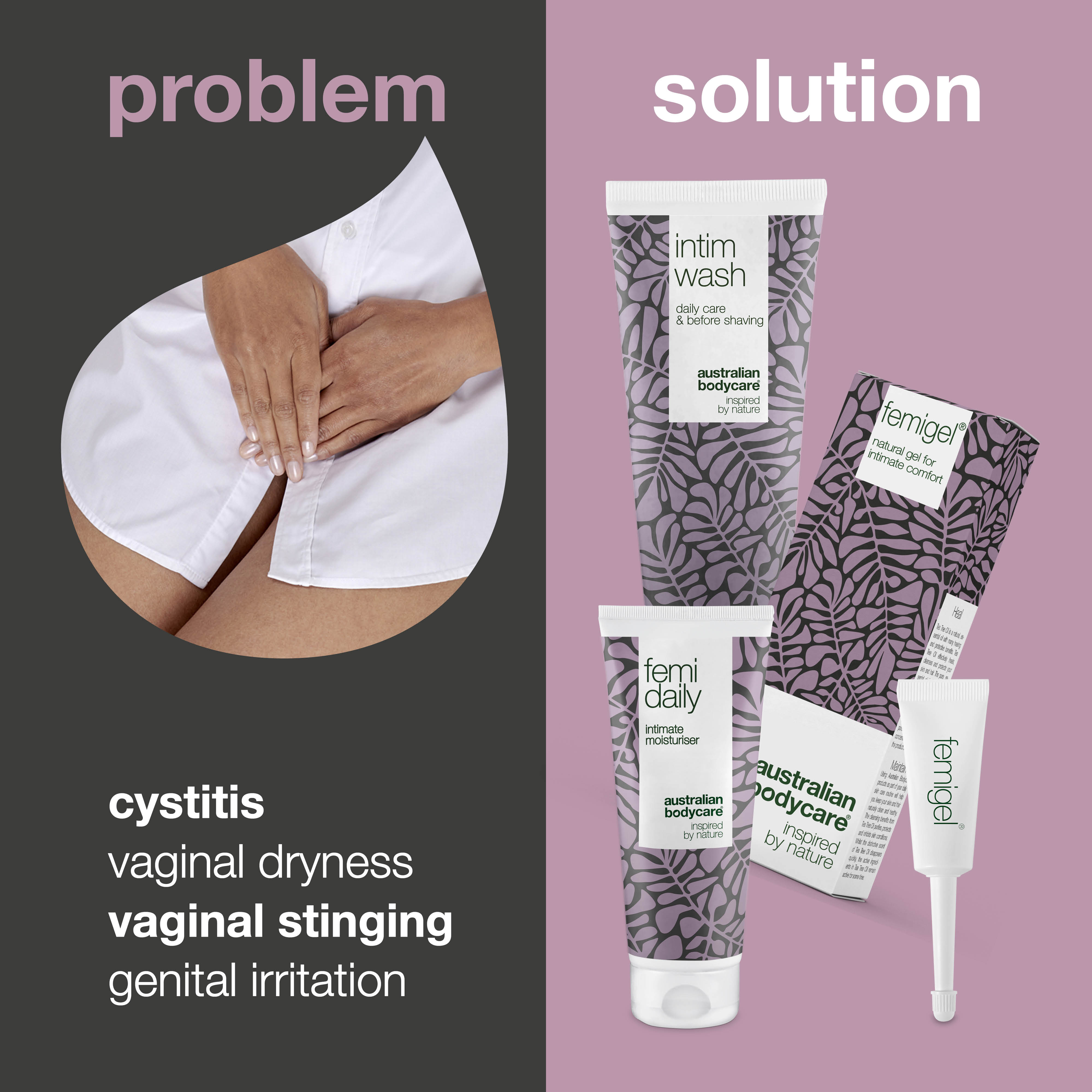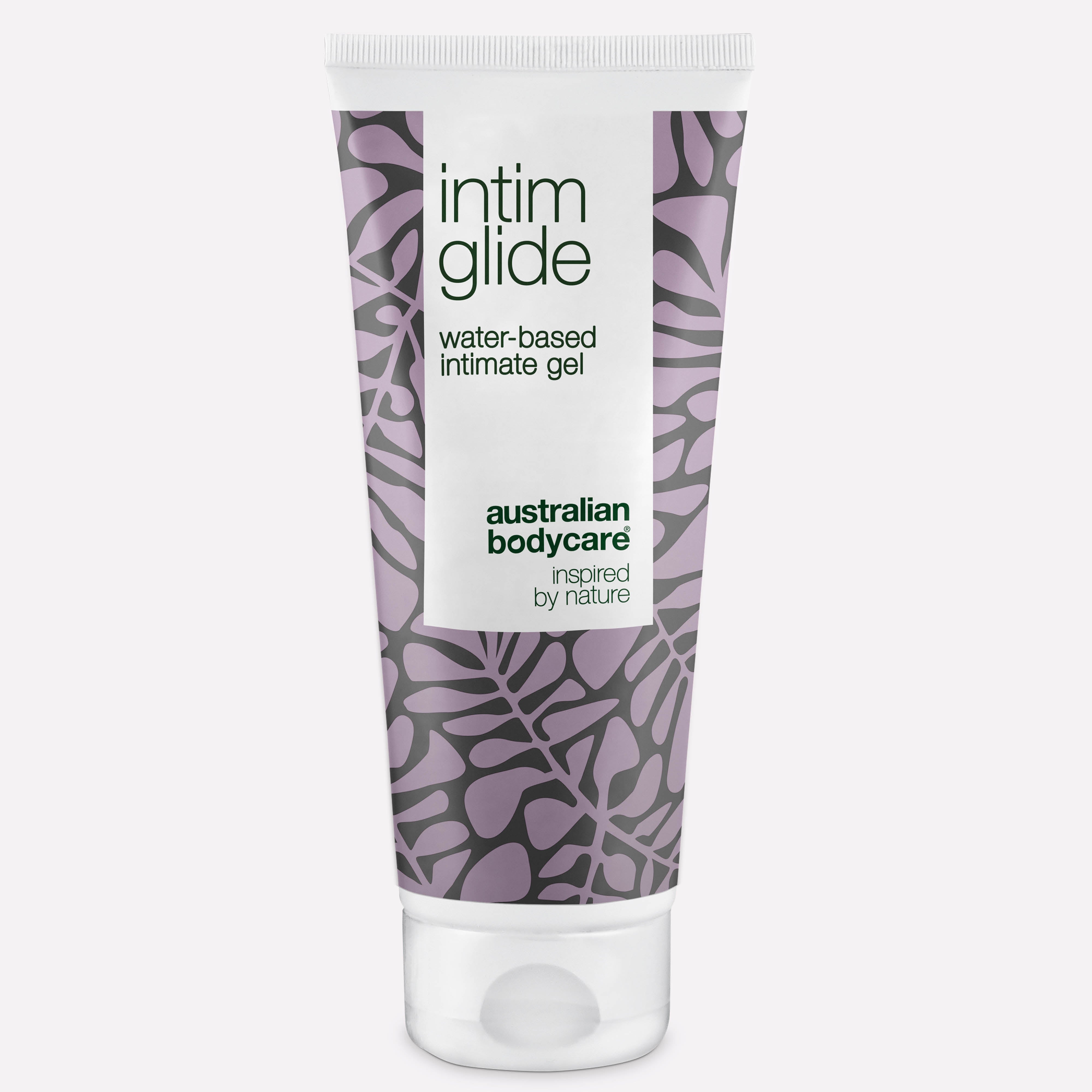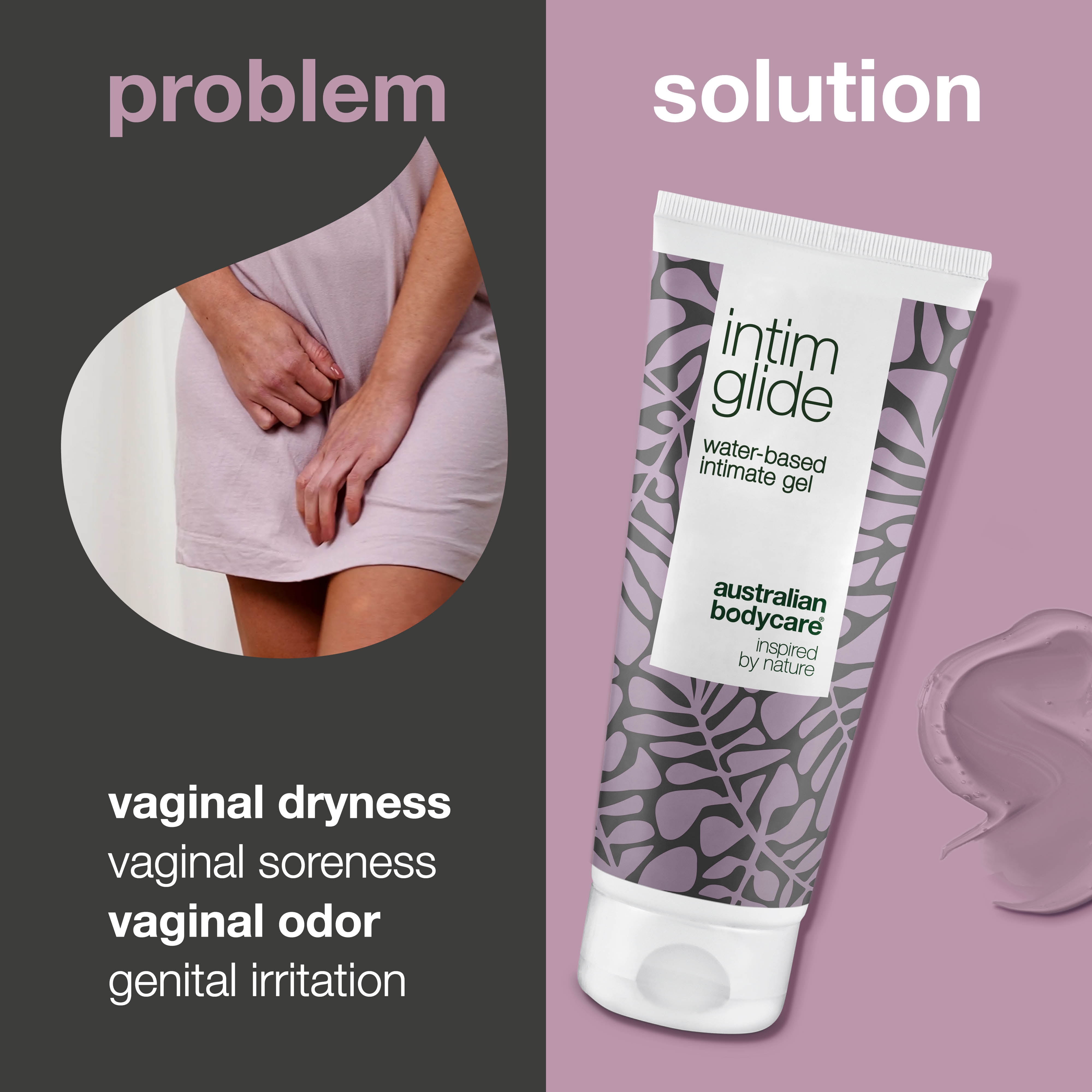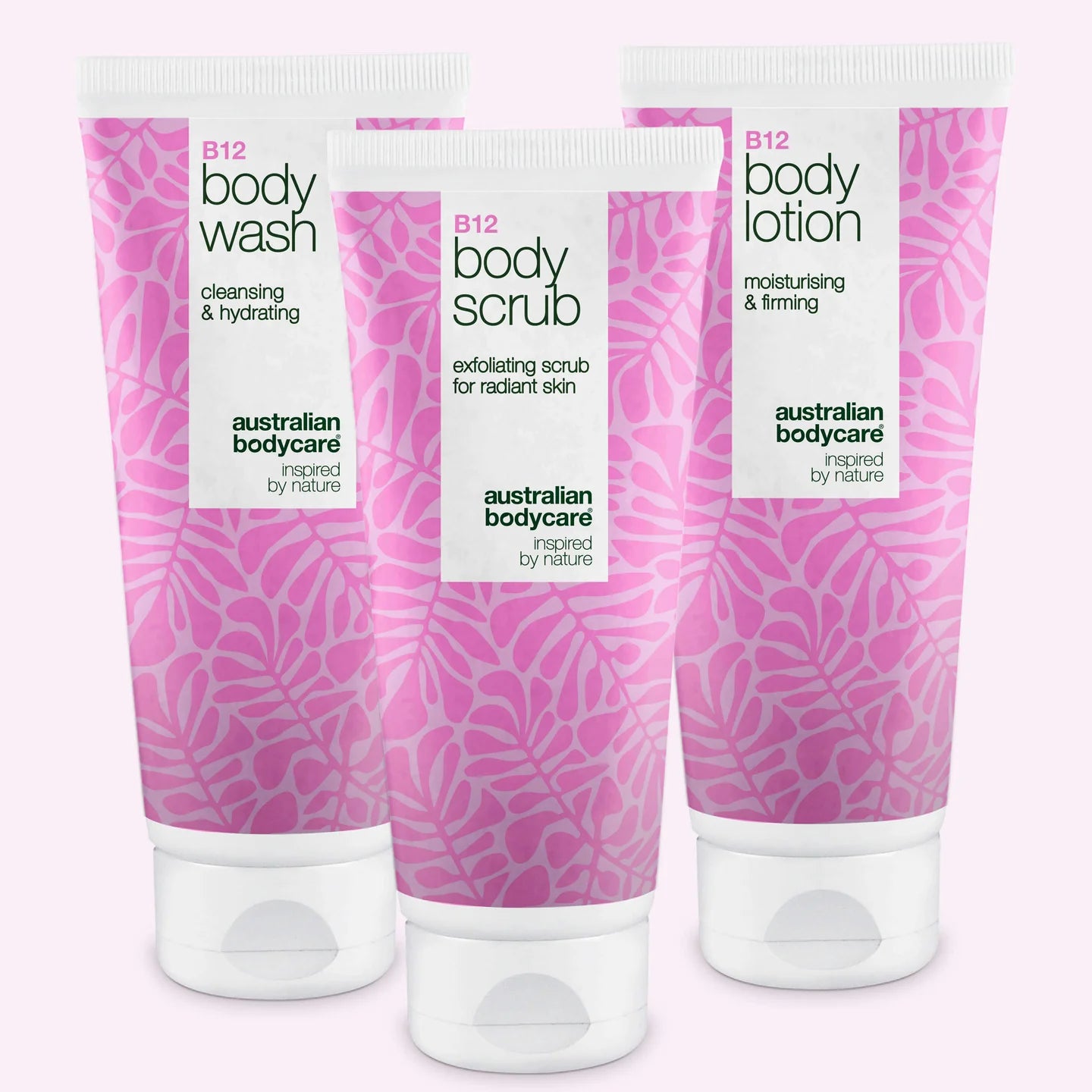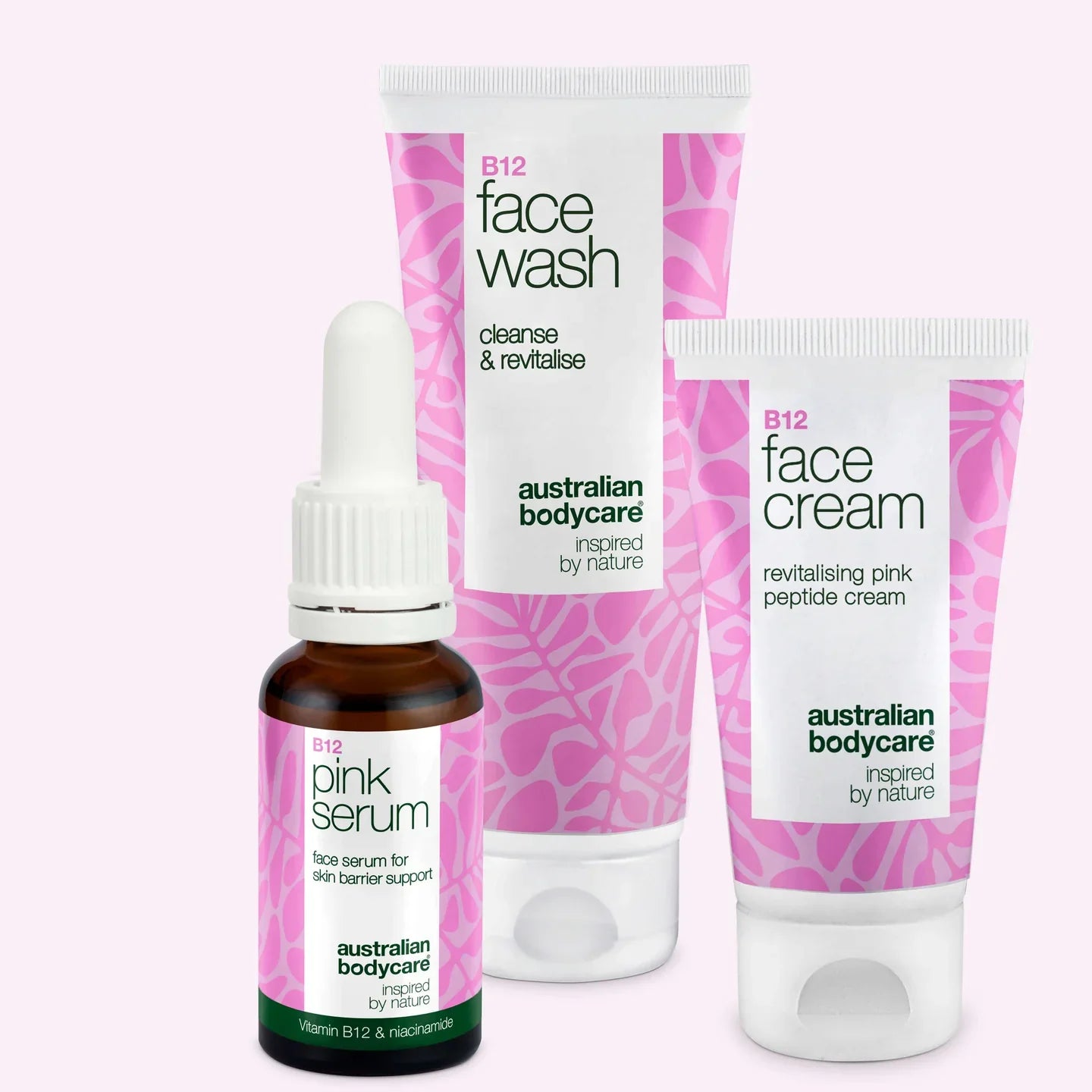Stinging in the Vagina – Why does it sting inside the vagina and how can you avoid soreness?
Many women of all ages are occasionally bothered by an uncomfortable and painful stinging sensation in the vagina. Very few women completely avoid vaginal discomfort completely.
Stinging and burning in the vagina may occur for several reasons, some more worrisome than others. Often, it is a harmless but uncomfortable vaginal irritation and burning sensation which can be remedied with a gel applied to the outer genitals.
Go to: How to Treat Stinging in The Vagina
Whatever the cause of stinging in the vagina, it is an unpleasant problem that requires action. Read on to find out what can cause the stinging and how to get rid of the symptoms.
Table of contents
What is Vaginal Stinging?
Stinging in the vagina is a common problem for many women. A searing and burning sensation that often worsens when you urinate. For some these symptoms will pass, but for most a treatment is required.
When you experience stinging in the vagina, it is usually your body’s way of warning you that there is a problem that needs treatment. You should always pay attention to these signals. Stinging in the vagina is a source of major and annoying discomfort that can be remedied in several ways.
Why do you experience stinging in the vagina?
Why do you experience stinging in the vagina?
There is not one overall answer. It may be caused by simple fungal infection or a bacterial infection, which is often transmitted through sex. It is therefore unhelpful to give all women the same treatment when it comes to stinging in the vagina.
It is always a good idea to consult with your doctor if you experience a burning or stinging sensation in the vagina.
Having said that, there are often less serious causes of the stinging. In the vast majority of cases, the discomfort and stinging are symptoms of vaginal irritation. This condition is not dangerous in the slightest but can be very uncomfortable and annoying.
Vaginal irritation may occur for various reasons.
What Is Vaginal Irritation? Irritation of the Vagina
Vaginal irritation occurs when there is an imbalance in the vaginal area. It can either be due to a bacterial or fungal infection or dryness. Dry mucous membranes in the vagina are, for many, the reason why women experience discomfort.
Dry skin is weaker than clean, moist skin. It is easily damaged and prone to small cuts and abrasions. The same applies to your vagina if it becomes too dry.
If you have had a cut on your body (anywhere on your body), you know how it can swell, rise and feel warm. The same happens when you have a cut or wound inside the vagina.
Why does dryness develop in the vagina? There are many reasons for this. The vagina is moistened by the mucous membranes, moisture levels are governed by the hormone oestrogen produced in the ovaries. This moisture is known as discharge. Oestrogen is produced from puberty to menopause, during this period oestrogen levels slowly decrease.
Therefore, dryness in the vagina becomes a major problem for many women as they reach menopause.
However, vaginal irritation does not only affect older women, it is also a significant problem for many younger women. And may be caused by pregnancy, contraceptive pills or other types of medicine that can dry out the mucous membranes in the vagina leading to irritation and stinging symptoms.
Stinging in the vagina after intercourse
Stinging in the vagina can be a problem even when carrying out regular tasks in everyday life. You may feel stinging when you cycle, walk or lift heavy objects.
However, vaginal soreness often worsens during and after intercourse, especially if you don’t produce enough moisture, the body’s natural lubricant. ‘Dry’ intercourse is accompanied by pain both during and after due to friction.
The dry mucous membranes that are chafed, become sore and irritated with an increased risk of small abrasions. This causes stinging in the vagina.
Painful stinging and intercourse should not be synonymous with each other. But unfortunately, this is the case for many women. Natural sex drive is diminished by the fear of pain and stinging in the vagina. With the right help you can get your sex drive back again.
A good way to start rekindling your sex drive is to encourage your partner to focus more on taking their time and trying foreplay. If you suffer from stinging and dryness in the vagina, it may mean that you can’t jump straight to intercourse simply because your vagina is not wet enough. It’s important to take your time getting aroused before initiating intercourse.
This way, you can allow your vagina time to build up enough moisture, avoid painful friction and so avoid stinging in the vagina.
However, a long and thorough foreplay session is not always enough if your mucous membranes tend to dry out too quickly. If this is the case, you may need extra assistance to retain moisture.
Try Intim Glide from Australian Bodycare, a great product that provides you with plenty of moisture to avoid friction in the vagina opening.
Intim Glide is a dermatologically tested water-based gel which you can use as frequently as needed – without worrying about harsh ingredients on sensitive areas. The gel is formulated with the active and antiseptic ingredient Tea Tree Oil. Its antibacterial properties counteract unwanted bacteria that may be transferred from your partner.
When using Intim Glide, you are both protected from bacteria that may cause stinging, soreness, dryness and itching.
The gel has a soft, wet consistency and is easy to apply. Make sure to spread copious amounts of the gel either directly on the man’s penis or at the opening of the vagina, so you will have enough moisture for a pleasurable intercourse. This will help your sex drive return.
Stinging in the vagina during pregnancy
When you are pregnant, many changes occur in the body and this can cause some problems. Have you experienced soreness in the vagina during pregnancy? Soreness is most commonly associated with fungal growths, which irritate the genitals and cause stinging sensations.
These fungal growths are relatively harmless but incredibly annoying.
These are caused either by the changing hormonal balance or a bacterial imbalance, which will alter the natural pH of the vagina. It is quite normal to get fungal infections when you are pregnant because the body’s processes are more easily unbalanced.
To combat this, you can try wearing cotton underwear during the daytime and forgoing underwear altogether at bedtime to let your genitals breathe.
Stinging in the vagina and frequent urination
If you experience stinging in the vagina combined with the frequent need to urinate, it may be a symptom of a fungal infection, frequent urination is one of the causes of vaginal stinging.
Fungal infections are relatively easy to deal with, and this may be because you are pregnant, which can make you need to urinate frequently. Or, increased sexual activity can increase the moisture in the vagina making it easier for fungal growths and bacteria to multiply. Therefore, be sure to wear cotton underwear to allow your vagina to breathe and treat the bacterial and fungi infections with the appropriate cream products.
Stinging in the vagina and menopause
If you experience stinging in the vagina and are experiencing the usual signs of menopause, stinging in the vagina may just be another sign. When you are menopausal you produce less of the female sex hormone, which makes slows the processes that keep the vagina’s mucous membrane in optimal condition. Your skin becomes thinner and your mucous membranes are weakened. This can result in you experiencing vaginal aches. This symptom is called vaginitis.
READ ALSO: Dry mucous membranes during menopause
How to treat stinging in the vagina
If you are bothered by stinging in the vagina, there is a lot you can do to treat it. As stinging is often caused by dryness at the vagina opening, it is important not to dry it out further. Your intimate hygiene is important, thus, if you wash your genitals too much, you risk irritating the vagina even more. Therefore, do not wash the intimate area more than twice a day. Preferably, you should only use water or a good cleansing product designed for use on intimate areas. Australian Bodycare Intimate Wash is designed to gently cleanse this area without drying the skin.
You can also soothe burning and itching sensations with Australian Bodycare’s Femigel. The gel works quickly to soothe and cool the outer genitals. The gel contains Tea Tree Oil known for its healing properties and works effectively against bacteria, treating any bacterial problems that may be causing or aggravating the burning sensations.
The water-based gel contains natural active ingredients and is dermatologically tested, so you can use it without worries. Many women completely eradicated itching and stinging sensations after using the gel. In a 4-week clinical trial, 9 out of 10 of the participating women eliminated all intimate discomfort and unpleasant odours too.
Apply a small amount of Femigel around the vagina opening as needed. If you are affected by persistent burning sensations, you should treat up to twice a day. If it is a mild irritation application once a day is enough. You will soon notice the difference.
You can also use Femigel before and after sex or before and after visiting the swimming pool, where you are particularly exposed to bacteria from the pool water.
Furthermore, it is a good idea to use Femi Daily as a supplement, which, as the name suggests, can be used as a daily preventative. The gel prevents problems such as vaginal dryness and burning sensation.


